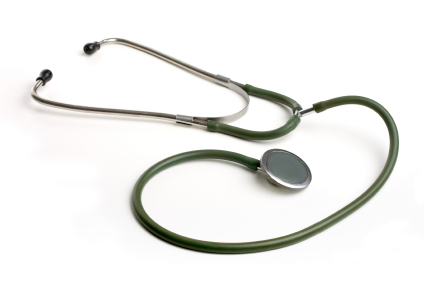Physiotherapy is effective at preventing and managing lymphoedema, a complex long term condition associated with physical and psychosocial problems.
What is lymphoedema?
Cost effectiveness of physiotherapy-led surveillance and treatment
- An American cost comparison study looked at two models of breast cancer related lymphoedema (BCRL) management. It showed the cost to manage early stage BCRL was 80 per cent less per patient when using a prospective physiotherapy surveillance model compared with reacting to symptomatic resentation.
- Case study evidence from an award winning physiotherapy-led lymphoedema service estimated that for every £1 spent on lymphoedema services, £100 was saved by the NHS in reduced hospital admissions.
- This includes the potential to reduce the £87 million cost of inpatient admissions for cellulitis, which can be a significant secondary complication of poorly managed lymphoedema.
Lymphoedema is caused by damage to the lymphatic system which results in swelling of body tissue.
Whilst frequently occurring in the arms and legs, it can also be present in the body, groin and head and neck regions. It may cause discomfort, reduced function, impaired mobility and recurrent infections.
Lymphoedema can be primary (congenital) or secondary, for example to cancer, cancer treatments or leg ulcers. The condition is progressive and, if untreated, permanent tissue changes can occur.
The long term effects of lymphoedema are more effectively managed if the condition is diagnosed and managed before chronic changes can occur.
Epidemiology
Prevalence in the UK is up to 124,000 people or 2 people per 1000 population. This rises to 5.4 per 1000 population for people aged over 65. Secondary lymphoedema is associated with cancer, with a rate of up to 60 per cent identified in breast cancer groups, up to 47 per cent in gynaecological cancer patients and 45 per cent in melanoma patients undergoing inguinal lymph node dissection. Lymphoedema can occur several months or years after treatment. Cancer is not the only cause of secondary lymphoedema; one study undertaken of two London specialist clinics found 25 per cent of cases followed cancer therapy, with the majority due to leg ulcers.
Early access to treatment and management
Early access to specialist physiotherapy-led intervention prevents the more serious disabling aspects of the condition associated with poor management.
It is therefore essential to:
- Ensure that rapid access to specialist lymphoedema physiotherapists is available
- Provide education for potential referrers to achieve better awareness, screening for ‘at risk’ groups and early referral
- Regard lymphoedema as a LTC. This includes resource allocation for patient education, risk stratification, treatment and self management in conjunction with specialist physiotherapists.
Decongestive Lymphatic Therapy is recommended by the National Institute for Health and Clinical Excellence (NICE) and is provided by suitably trained therapists.
Treatment consists of:
- 3 – 4 weeks of intensive therapy-led management (3-5 days per week)
- Lifelong monitoring including self-management (daily use of compression hosiery, skin care, self-massage and exercise) and six-monthly prescribed compression garment review.
Providing early access to specialist physiotherapists is essential to reduce the significant impact and socio-economic burden of this condition. Early identification of swelling and prompt referral to specialist services is critical to ensure the best possible outcomes for patients. This helps to reduce long term disability, work related problems and emotional difficulties and improves quality of life.
Case Study: Abertawe Bro Morgannwg University Health Board (ABM)
The ABM dedicated lymphoedema service started in 2004 and initially focused on cancer-related lymphoedema before opening up the service to non-cancer related patients. This service promotes self management where possible with NICE recommended interventions and exercise as required.(1) Currently the AMB lymphoedema service employs 14 staff members including specialist physiotherapists, nurses and administration support.
Are you a CSP member? Please tell us how we can improve these briefings. Just login and complete our pop-up survey
This multi-award winning service has resulted in:
- reduced inappropriate referrals to other specialities (e.g. vascular surgery, plastic surgery)
- reduction of cellulitis episodes for lymphoedema patients from 58 per cent to 9 per cent
- reduction in GP, practice nurse and community nursing appointements for cellulitis, 'leaking' legs, discomfort and reduced mobility
- preventative schemes have led to reduced BCRL from 1 in 3 to 1 in 12

Download the briefing below, with full references, in English or Welsh.